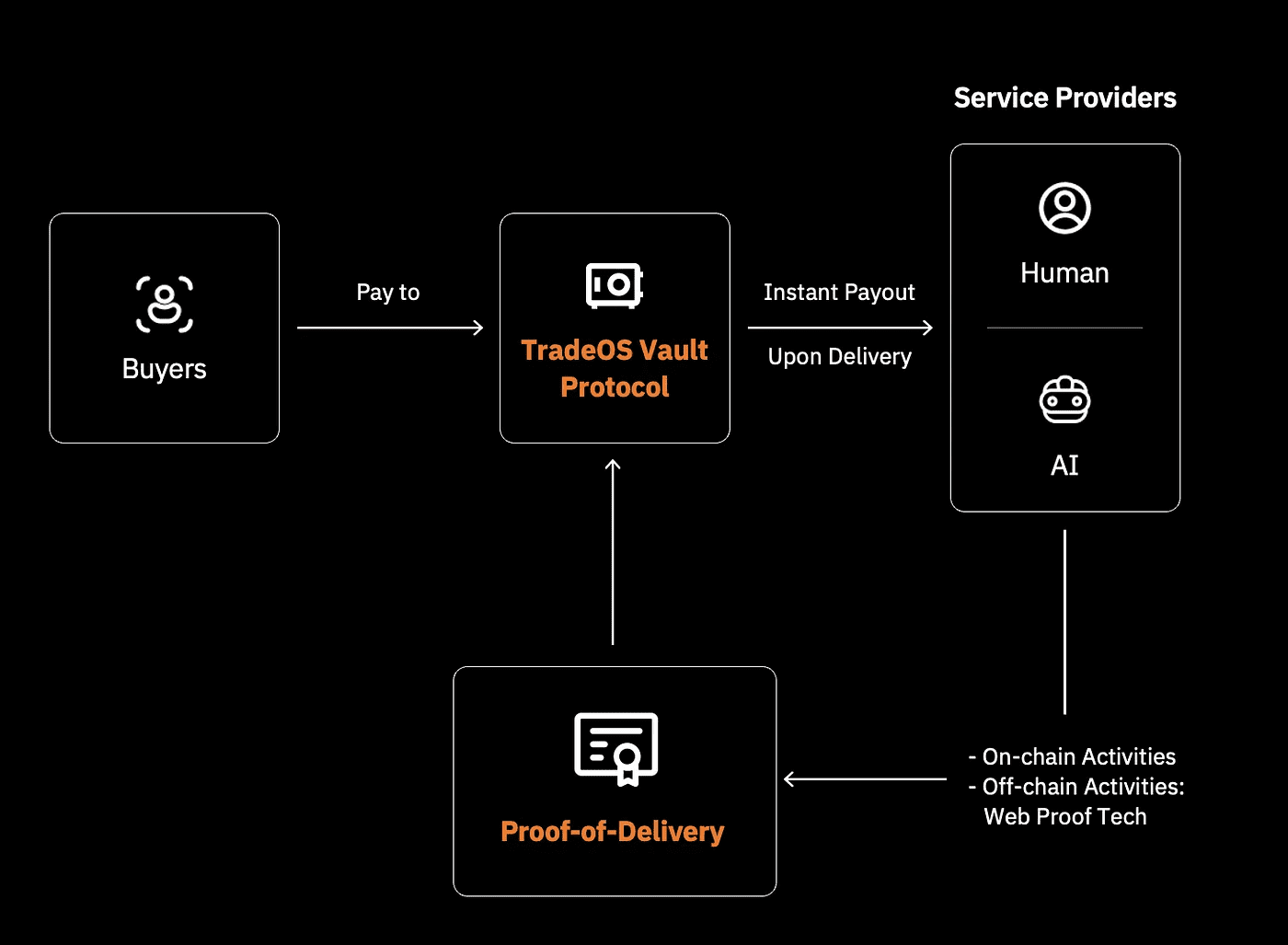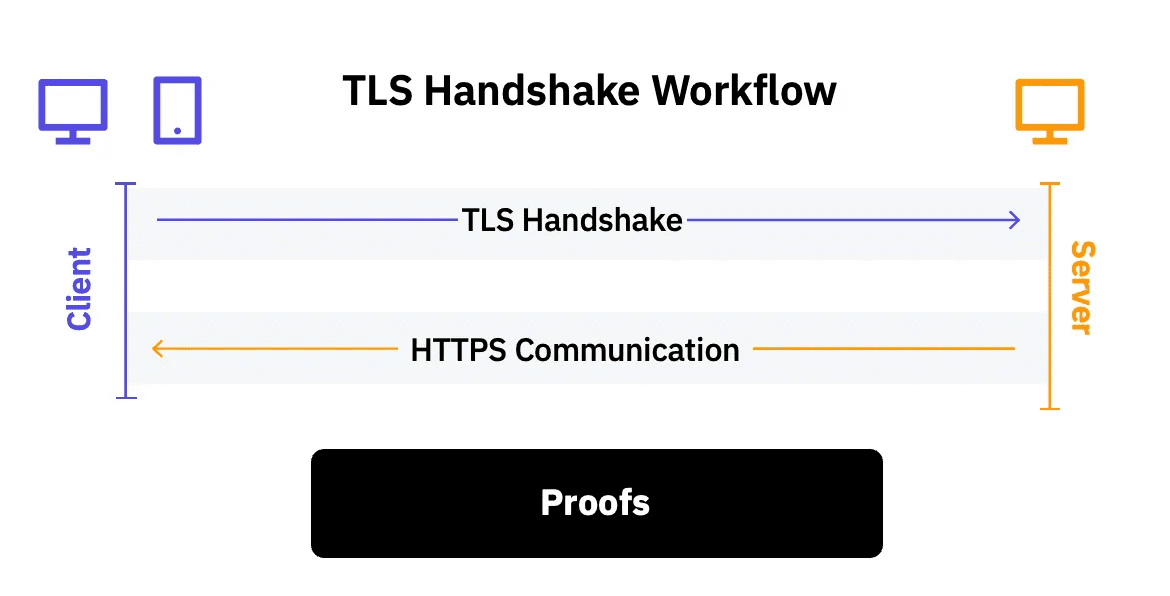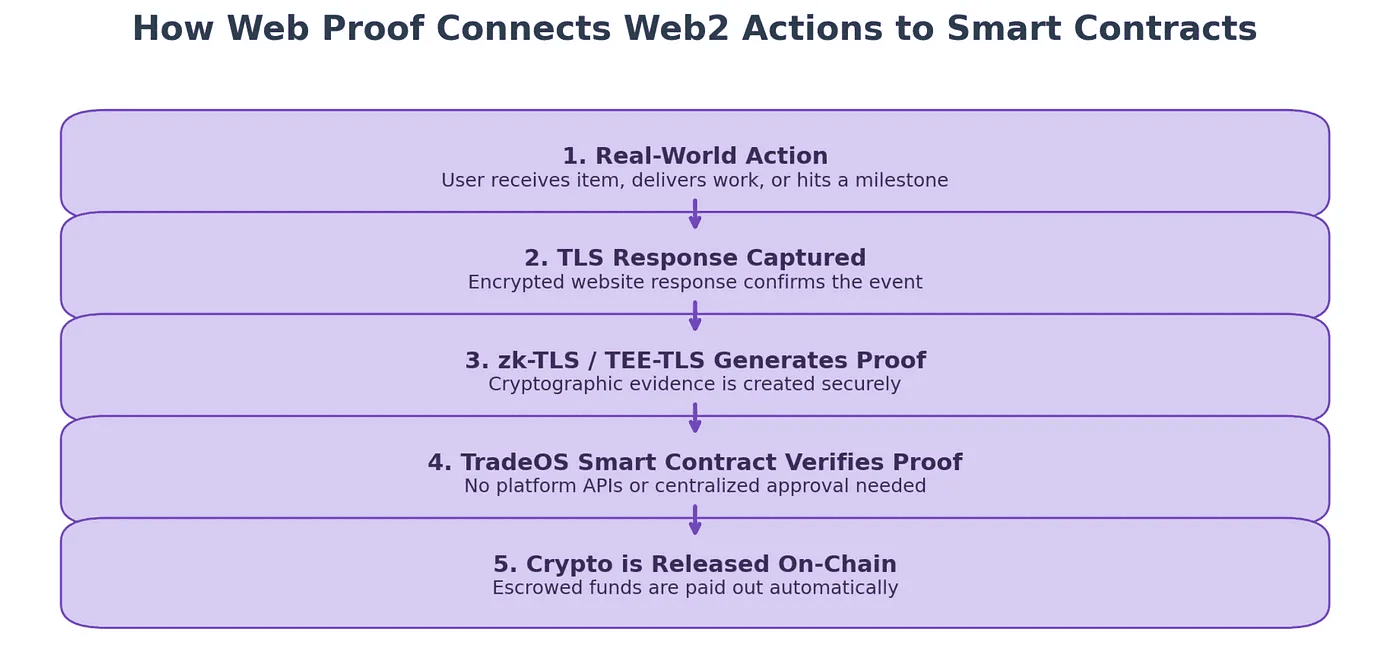The global trade landscape is undergoing a significant transformation, with blockchain technology paving the way for decentralized solutions that challenge the dominance of traditional, centralized platforms. TradeOS, a decentralized escrow and peer-to-peer (P2P) trading protocol, is at the forefront of this revolution, aiming to dismantle online trade monopolies and empower users with low fees, instant payouts, and user-owned infrastructure.

The Problem with Centralized Trade Platforms
For decades, the global online trade market, estimated at $4 trillion, has been characterized by:
- High Fees: Centralized platforms often charge fees ranging from 10% to 20%, significantly impacting user profits.
- Slow Payments: Transaction settlements can take weeks, hindering cash flow and efficiency.
- Control over User Data: Centralized entities maintain control over user data, raising privacy concerns and limiting user freedom.
These constraints have prompted the need for decentralized alternatives that can address these issues and create a more equitable and efficient trading environment.
TradeOS: A Decentralized Solution
TradeOS, developed by Bounty Bay Labs, offers a blockchain-based escrow model that eliminates intermediaries and reduces transaction friction and costs. Supported by investors like Animoca Brands and TON Ventures, TradeOS aims to bring decentralized finance (DeFi) principles to global trade.
Key Features of TradeOS:
- Decentralized Escrow: Buyers deposit funds into the TradeOS Vault contract, which automatically releases payments upon verified proof-of-delivery from service providers.
- Web Proof Technology: TradeOS utilizes zk-TLS and TEE-TLS to securely verify offchain actions within smart contracts, enabling autonomous verification of real-world outcomes.
- Trader-First Incentives: The platform incorporates trade-to-earn mechanisms, including airdrops, commissions, and dividends, rewarding user participation.
- Dispute Resolution System: An integrated dispute-resolution system, powered by AI and a decentralized arbitration solution (Domain Judger DAO), ensures fairness and transparency.

How TradeOS Works:
TradeOS leverages blockchain technology to create a secure and transparent trading environment. Here’s a breakdown of the process:
- Buyer Deposits Funds: The buyer deposits the agreed-upon funds into the TradeOS Vault smart contract.
- Seller Provides Service/Goods: The seller fulfills the order and provides proof of delivery.
- Verification: TradeOS uses its Web Proof technology to verify the proof of delivery, ensuring its authenticity and accuracy.
- Payment Release: Once the proof of delivery is verified, the smart contract automatically releases the funds to the seller.

Benefits of Using TradeOS:
- Reduced Fees: By eliminating intermediaries, TradeOS significantly reduces transaction fees.
- Faster Payments: Automated payment processes enable faster transaction settlements.
- Increased Transparency: Blockchain technology provides a transparent and auditable record of all transactions.
- Enhanced Security: Smart contracts and cryptographic techniques ensure the security of funds and data.
- Empowered Users: TradeOS puts control back in the hands of users, allowing them to participate in a more equitable and efficient trading ecosystem.

The Future of Global Trade
TradeOS represents a paradigm shift in global trade, moving away from centralized control towards a decentralized, user-centric model. By leveraging blockchain technology and innovative Web Proof mechanisms, TradeOS is empowering users with greater control, lower costs, and increased transparency. As the platform continues to evolve and expand, it has the potential to redefine the very structure of global trading, creating a more equitable and efficient ecosystem for all participants.
The imminent launch of TradeOS’s decentralized P2P marketplace promises a fundamentally different trading experience, free from payment delays and centralized gatekeepers. With its trader-first incentives and integrated dispute-resolution system, TradeOS is poised to lead the way in the decentralized commerce revolution.